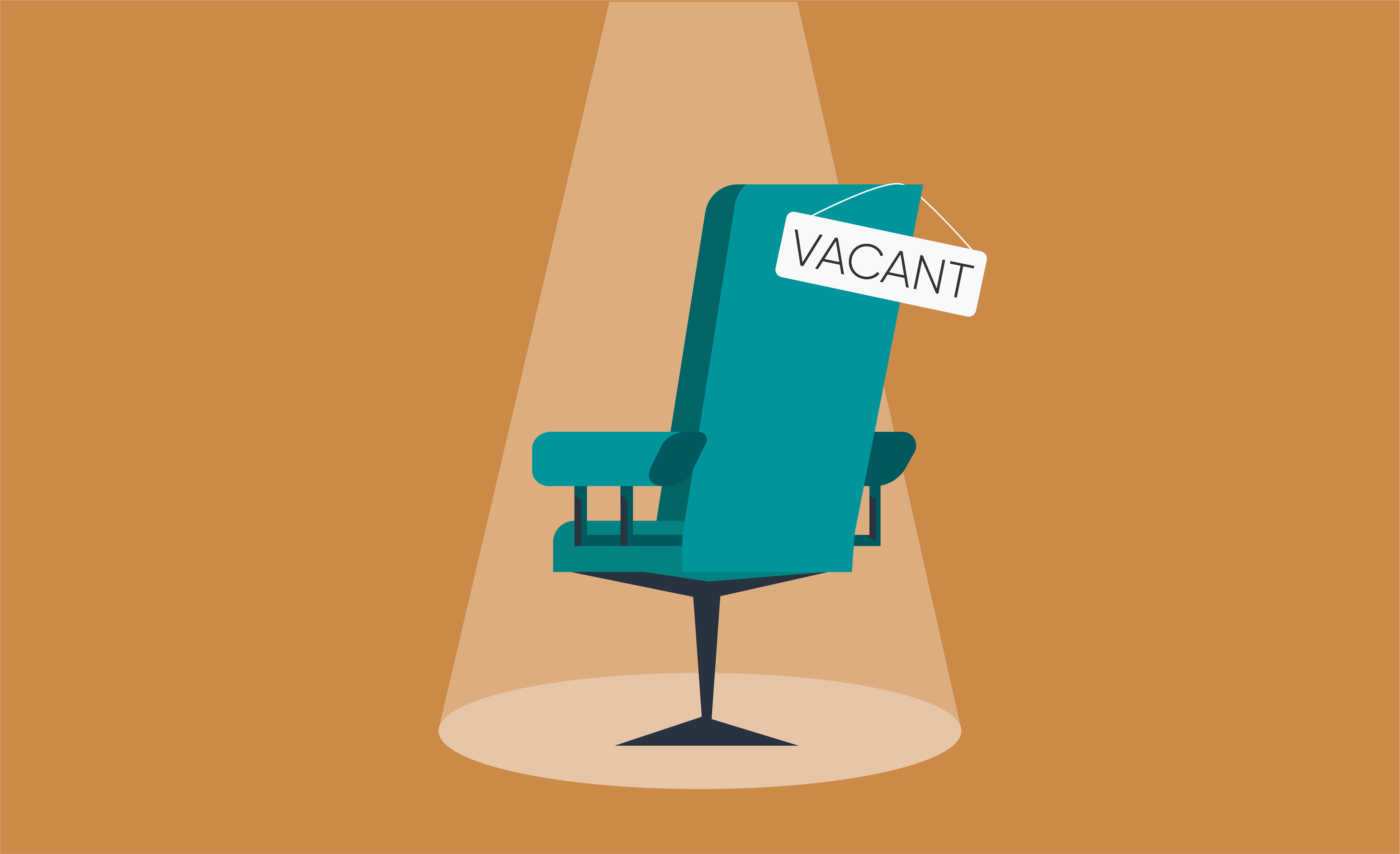Rent a Chair or Hire Employees for Your Salon?

One of the pivotal decisions facing Salon and Spa owners as they grow their businesses is whether to take on hired employees or rent out salon chairs to freelance contractors. The choice is not just a logistical one; it's a strategic decision that can greatly impact the dynamics, growth, and long-term potential of your salon. Both options have their attractions and potential pitfalls, and as you weigh your decision, it's essential to consider the intricacies involved in each before making your move.
Salon owners, hairstylists, and aspiring beauty industry entrepreneurs, this guide will help illuminate the path forward as you operate in this exciting yet complex space.
The Positives of Chair Rental
Saving Costs and Time
Renting your chair can be a significant cost-saver for your salon business. When you offer space to independent stylists, you are not just sharing the financial responsibilities, you are delegating a portion of the time and effort they would otherwise need to put into marketing and client acquisition. It's a win-win situation that allows for a more efficient use of your space and resources.
Navigating Employment Law
By having freelance stylists on board, you're maneuvering outside the realm of traditional employment law, which can translate to more streamlined operations and less intricate legal commitments. Understanding these nuances upfront can save you from legal tussles further down the road.

Client Transfer and Growth
Independent contractors often bring in their own clientele, an influx that can be leveraged for your salon’s growth. While they service their own clients, you have the opportunity to promote your salon’s services and potentially cultivate them as new customers of the salon as a whole.
The Negatives of Chair Rental
Loss of Control
The independence that characterizes freelance stylists translates into a loss of direct control over various aspects of your salon. From their schedule to the products and services they offer, the control shifts to the stylist, potentially diluting a unified salon brand and experience.
Impact on Cohesion
Freelancers can sometimes work at cross-purposes with your employed staff, creating an environment that may not fully support your salon’s team-based approach. Ensuring a cohesive and positive workplace culture becomes inherently more challenging when individual work styles and commitments vary greatly.
Brand Integrity
Maintaining a cohesive brand image is challenging with freelancers who may not align fully with your brand persona. The image they project, whether in how they dress or interact with clients, may not always resonate with the desired salon brand message.

The Positives of Hiring Employees
Brand and Client Experience Consistency
Having employed stylists allows for a more coherent and consistent client experience. Uniform training and ongoing oversight result in a workforce that’s more likely to align with your brand's vision and customer service expectations.
Loyalty and Team Investment
Employees are often more loyal and invested in the salon's long-term success. They are more likely to go the extra mile for clients, work on team-building, and contribute to creating a positive, growth-based salon environment.
Marketing and Growth Responsibility
Being the owner of a salon with employed staff means you hold the reins of marketing and growth. The responsibility to bring in clients rests on your shoulders, but it also provides you with more say in how the business is positioned and developed.

The Negatives of Hiring Employees
Increased Costs and Administrative Burden
Hiring employees brings with it the full weight of employment-related costs. You become responsible for taxes, benefits, and the administrative workload that comes with managing a staff, which can be a significant strain on your resources, especially in the initial phase.
Marketing Dependency
Being the driving force behind marketing also creates dependency. If you're unable to attract clients, the salaries and overhead costs associated with employees can become a financial drain, putting more pressure on your business to constantly generate revenue.
Managing Risk
The risk of investing in employees is substantial. If a freelancer is underperforming, it affects them individually. In contrast, an employee's under-delivery impacts your business directly and can be harder to mitigate when tied to more complex employment commitments.